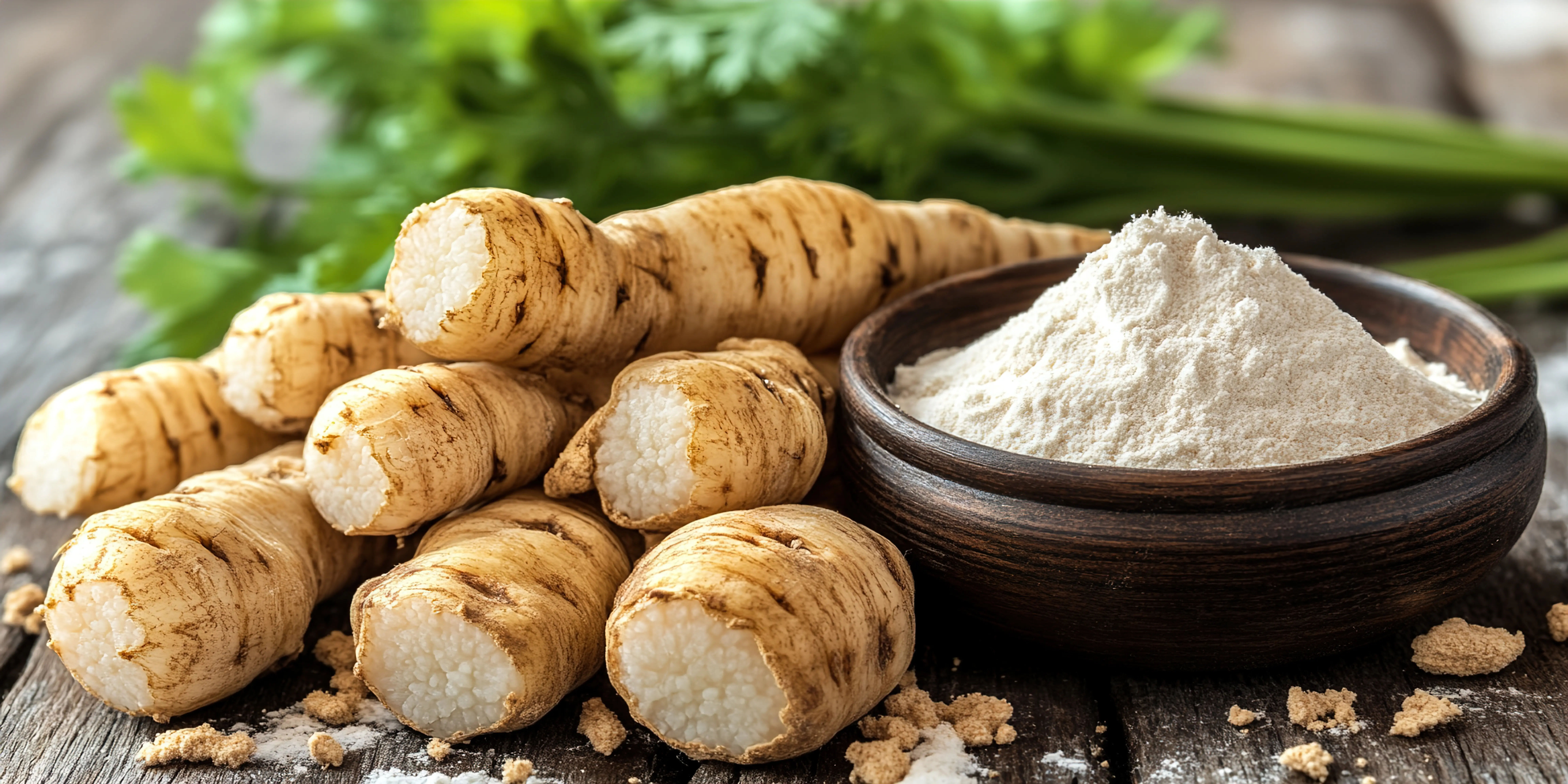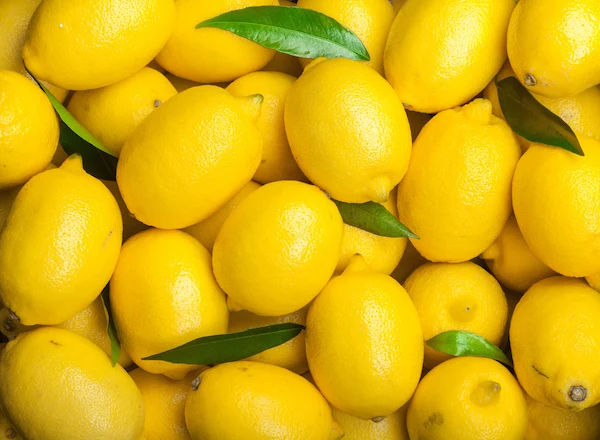Harmful Effects of Firecrackers Explained
Learn about the harmful effects of firecrackers on health, pets, and the environment. Understand the risks and find safer, eco-friendly ways to celebrate.

Written by Dr. Shaik Abdul Kalam
Reviewed by Dr. Rohinipriyanka Pondugula MBBS
Last updated on 11th Aug, 2025

Introduction
Firecrackers are often associated with celebrations, festivals, and joyous occasions. The bright lights, loud sounds, and festive atmosphere can be exciting. However, while they bring momentary happiness, firecrackers also pose serious risks to health and the environment. In this article, we’ll explore the harmful effects of firecrackers and how you can protect yourself and your loved ones.
Why Are Firecrackers Harmful?
Firecrackers contain chemicals that produce loud noises and colourful sparks when ignited. While they may look beautiful, these chemicals release toxic fumes and pollutants that can harm our health in multiple ways.
1. Air Pollution
Firecrackers release harmful gases like sulfur dioxide, carbon monoxide, and nitrogen oxides. These pollutants mix with the air, leading to smog and poor air quality. Breathing in these toxic fumes can cause:
Respiratory problems (coughing, wheezing, asthma attacks)
Eye irritation (burning, redness, watery eyes)
Throat and lung irritation
People with asthma, bronchitis, or other lung conditions are especially vulnerable.
2. Noise Pollution
The loud sounds from firecrackers can exceed 140 decibels—much higher than the safe limit of 85 decibels for human ears. Prolonged exposure can lead to:
Hearing loss or tinnitus (ringing in the ears)
Increased stress and anxiety (especially in children and the elderly)
Disturbed sleep
3. Physical Injuries
Firecrackers can cause severe burns, eye injuries, and even loss of fingers if mishandled. Children are at higher risk due to curiosity and a lack of awareness.
4. Harm to Animals
Pets and stray animals suffer greatly due to firecrackers. The loud noises scare them, leading to:
Panic attacks
Hearing damage
Increased heart rate and stress
Health Topic Carousel:
Doctor Speciality: General Practitioner
Text: Consult Top Specialists
5. Environmental Damage
The chemicals from firecrackers settle on the ground and water bodies, polluting soil and water. This affects plants, aquatic life, and overall ecosystem balance.
Who Is Most at Risk?
While firecrackers can harm everyone, some groups are more vulnerable:
Children (due to sensitive lungs and hearing)
Elderly people (weaker immune systems)
Pregnant women (risk of premature birth due to pollution)
People with asthma, heart disease, or respiratory conditions
Animals and birds
How to Protect Yourself from Firecracker Pollution
If you or your family members are sensitive to smoke and noise, here are some precautions:
1. Avoid Bursting Firecrackers
The best way to stay safe is to avoid firecrackers altogether. Opt for eco-friendly celebrations like:
Lighting diyas (lamps) or candles
Using LED lights for decoration
Celebrating with music and dance instead of loud noises
2. Wear a Mask
If you must be around firecrackers, wear an N95 mask to reduce smoke inhalation.
3. Keep Windows Closed
To prevent smoke from entering your home, keep windows and doors shut during peak firecracker times.
4. Stay Hydrated
Drink plenty of water to help your body flush out toxins.
5. Protect Your Ears
Use earplugs or noise-cancelling headphones if loud noises bother you.
6. Keep First Aid Handy
In case of minor burns or injuries, keep a first-aid kit with:
Burn ointment
Sterile gauze
Eye wash solution
What to Do If You Experience Health Issues?
If you or a loved one develops breathing difficulties, severe coughing, or burns due to firecrackers:
Move to a well-ventilated area
Rinse eyes with clean water if irritated
Seek medical help immediately if symptoms worsen
For persistent respiratory problems, consult a doctor. You can book an online consultation with Apollo 24|7’s specialists for expert advice.
Final Thoughts
While firecrackers may add sparkle to celebrations, their harmful effects outweigh the temporary joy. By choosing safer, eco-friendly alternatives, we can protect our health, our pets, and the environment.
Need medical advice? Consult a doctor on Apollo 24|7 for personalised care.
Health Topic Carousel:
Doctor Speciality: General Practitioner
Text: Consult Top Specialists



.webp)
